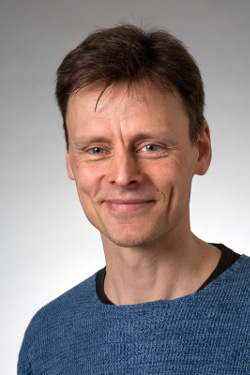Asger Hobolth is awarded a large project grant by the Novo Nordisk Foundation
Understanding the impact of global climate change and implementation of management resources for threatened populations requires detailed knowledge of the genetic and demographic history of these populations. Genetic polymorphism data represent a major resource of information, but the present methods are often limited to large spatial and temporal scales of limited practical interest.

In this project, Asger Hobolth and his collaborators from Montpellier, Centre de Biologie pour la Gestion des Populations develop new statistical methods to infer the recent and local evolutionary history of populations. They integrate temporal and spatial processes in an emerging matrix-analytical framework and apply the analysis tools to cutting-edge population genetic data from Occitania in France.
Earlier this year they showed that full likelihood inference is feasible for population genetic data sets. A long-standing open problem in mathematical population genetics has been to calculate the likelihood for population genetic data sets under complex demographic models. Asger Hobolth and his collaborators have now solved this problem, and want to further develop and apply the solution to improve statistical inference in population genetics.
The mathematical and statistical tools developed in this project can be used to obtain robust knowledge about the past and current demographic state of populations based on genomic data. The project facilitates improved understanding, monitoring and management of natural populations.
The project is a joint effort between researchers from Aarhus University and researchers at the Centre de Biologie pour la Gestion des Populations in Montpellier. They will use the funding to intensify the collaboration and hire a PhD student with a background in data science or applied mathematics. Asger Hobolth has been awarded 2,261,341 Danish kroner to pursue the project.
